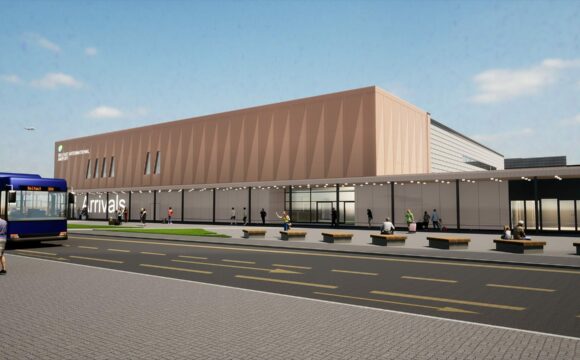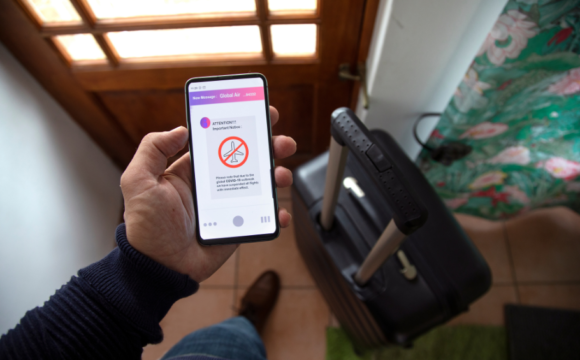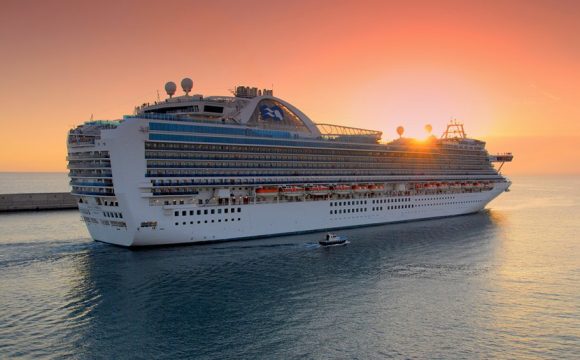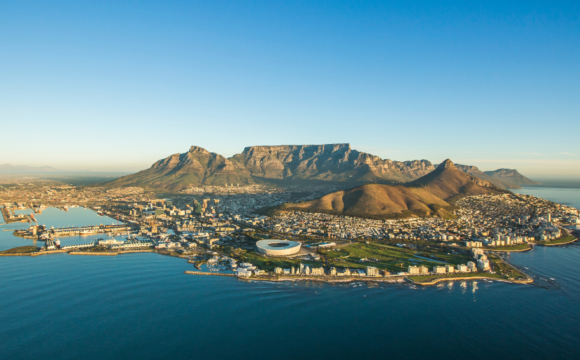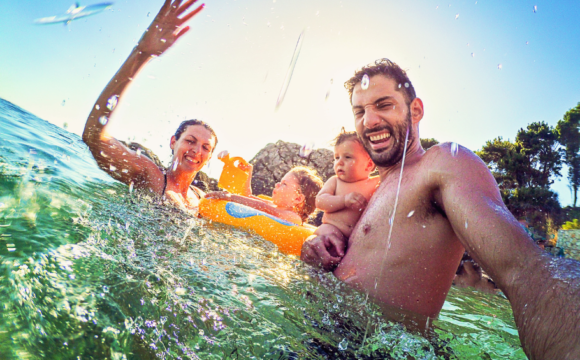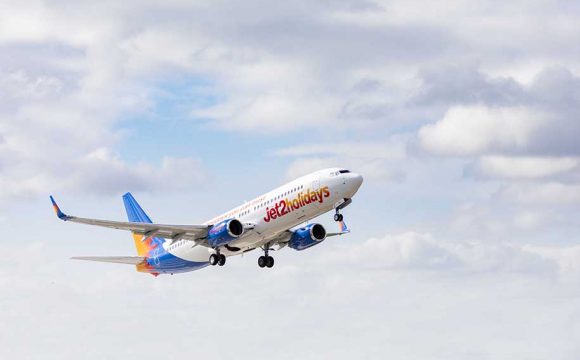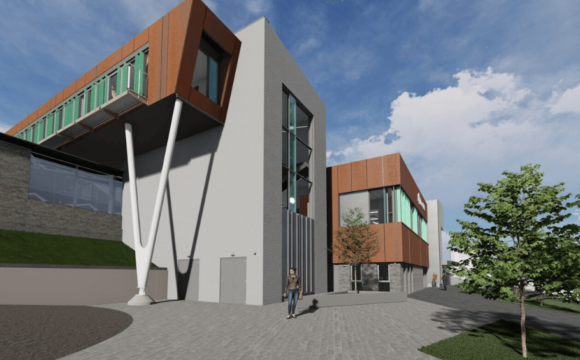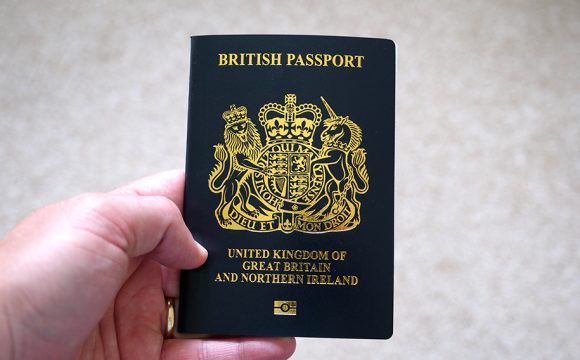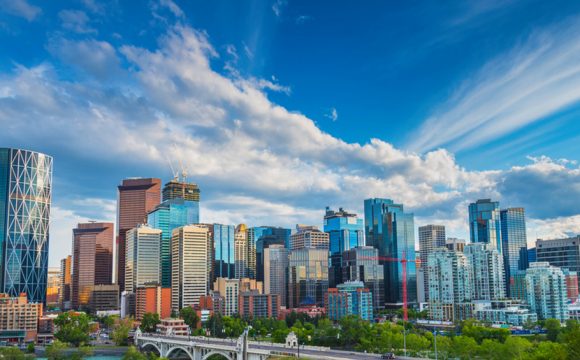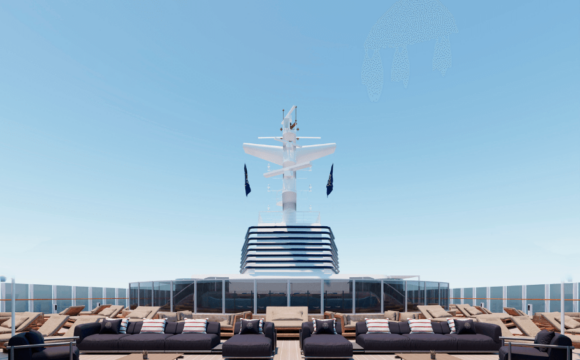Already flying one of the youngest and eco-friendly fleets in the world, Royal Brunei Airlines has unveiled plans to introduce a host of new eco measures throughout 2020 to ensure the international carrier remains a relevant business into the next decade and beyond.
Karam Chand, Chief Executive Officer at Royal Brunei Airlines, commented: “We are aware that some travellers view the aviation industry as the least environmental way to travel. We understand their concerns and have introduced new measures throughout our entire business in an aim to make Royal Brunei Airlines one of the most environmentally-sound airlines in the industry.”
Continues Chand: “We are committed to reducing fuel usage and this is evident from the aircraft we currently fly – the B787 and A320neo. Both these aircraft are well-known in the industry for their eco credentials. The B787 fuel consumption is 20% lower than equivalent aircraft, reducing NOx and Carbon emissions. The A320neo provides a 50% reduction in noise footprint and 50% less NOx emissions – beating current industry standards for its eco credentials, it also produces up to 5,000 tonnes less CO2 emissions per year per aircraft.”
Amongst the other measures Royal Brunei Airlines has introduced are:
• Reducing GHG emissions throughout the airline’s entire process from the operational side of the business to the technology and infrastructure
• CORSIA participation on monitoring of the aircraft fuel emissions on all flights, the obligation in achieving and reducing CO2 emissions by offsetting and purchasing carbon credits
• Commitment to reducing the fuel use by establishing a Fuel Efficiency Committee to monitor and control the airline’s fuel consumption. The replacement of old aircraft to a modern and fuel efficient model, plus other initiatives such as single engine taxiing (A320neo), switching off the aircraft APU during transit and using portable generators/ air-conditioning carts to supply the power to the aircraft and reduction on loading of potable water onto all the aircrafts
• Reducing and controlling the weights/volume of amenities, potable water uplift, equipment and materials for flight use
• Company-wide practice of 3R’s (reduce, reuse, recycle)
• Company-wide practice and control of electrical consumption for Royal Brunei Airlines’ offices including switching off electricals when not in use
• Partnership with French start-up which provides a 360° solution to reduce fuel costs and CO2 emissions of airlines. Under this agreement, Royal Brunei Airlines will use OpenAirlines’ flagship software SkyBreathe Fuel Efficiency
Adiel Mambara, UK and Ireland Country Manager, added: “These measures are just the beginning of a new era of air travel for Royal Brunei Airlines. We continually assess our environmental impact, looking for ways to support the most efficient technology in our business. With this in mind we are working on a host of new initiatives for completion in 2020.”
Mambara concludes: “While some may not agree, aviation is still a vital mode of transport for so many people, whether it be to travel on business or visiting friends and relatives overseas. It’s important that as an industry we offer connections for people who need them but in a way that is as environmentally friendly as possible.”


